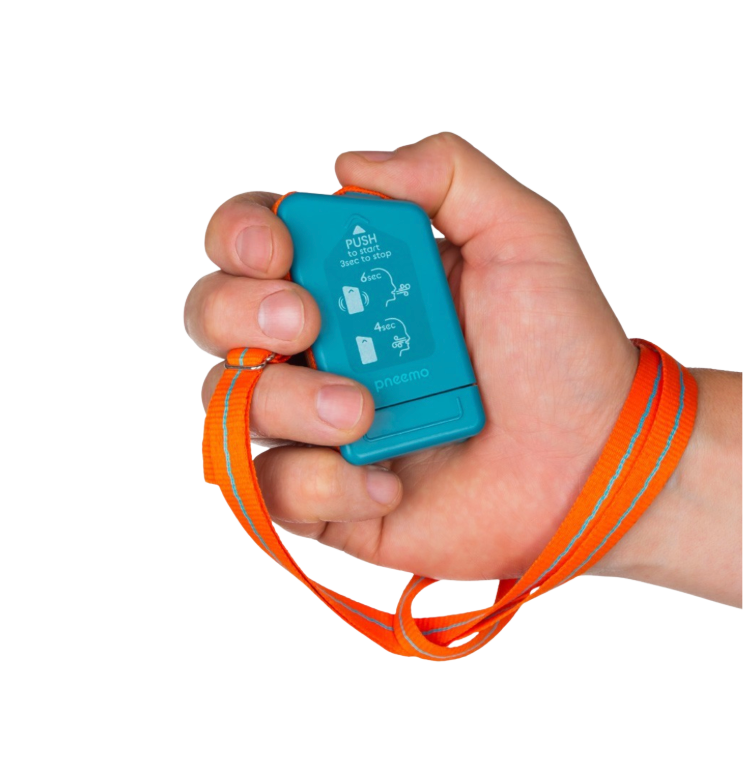Challenges of Anxiety and Panic Attacks on Mental and Physical Health
Anxiety manifests as a persistent sense of apprehension that can affect a person even in the absence of immediate threat. Unlike a temporary reaction to danger, anxiety is often a prolonged state of worry and nervousness that can occur without an obvious reason. When it becomes overwhelming or chronic, it can have significant impacts on both mental and physical health. Panic attacks, sudden episodes of intense fear that can occur unexpectedly, can deeply disrupt daily life.
1. Impact of Anxiety on Mental Health
- Mental Ruminations: Individuals with chronic anxiety may find themselves trapped in endless ruminations, with thoughts constantly looping around worries, leading to intense mental fatigue.
- Cognitive Impairment: Anxiety can diminish the ability to focus and remember information. This cognitive overload affects daily intellectual functioning.
- Cognitive Distortions: Anxiety can lead to irrational thinking, such as overestimating dangers and anticipating catastrophic scenarios, which can impair decision-making.
2. Impact of Anxiety on Physical Health
- Muscle Tension: Chronic anxiety can cause muscle tension, leading to frequent pain and headaches, as well as a general sense of physical fatigue.
- Digestive Issues: Those suffering from anxiety may experience digestive problems, such as nausea, abdominal cramps, or diarrhea, often exacerbated by mental stress.
- Sleep Disturbances: Anxiety often disrupts sleep, causing insomnia or restless nights, which can affect daily energy levels and concentration.
3. Impact of Panic Attacks
- Acute Panic: Panic attacks are marked by sudden, intense fear, often accompanied by a sense of losing control. These episodes can occur without warning, causing significant psychological distress.
- Intense Physical Symptoms: Panic attacks are frequently accompanied by physical symptoms, such as palpitations, sweating, trembling, and a feeling of suffocation, which intensify the fear experienced.
- Avoidance Behaviors: Individuals who have experienced panic attacks may begin to avoid certain situations or places to prevent future episodes, which can limit their social and professional activities and lead to isolation.
Conclusion
Anxiety and panic attacks present significant challenges to both mental and physical health, profoundly affecting quality of life. Understanding these phenomena is crucial for developing effective therapeutic approaches. Interventions such as cognitive-behavioral therapy, non-pharmacological treatments, or appropriate pharmacological treatments can help manage these disorders, allowing individuals to achieve better emotional stability and overall well-being.









